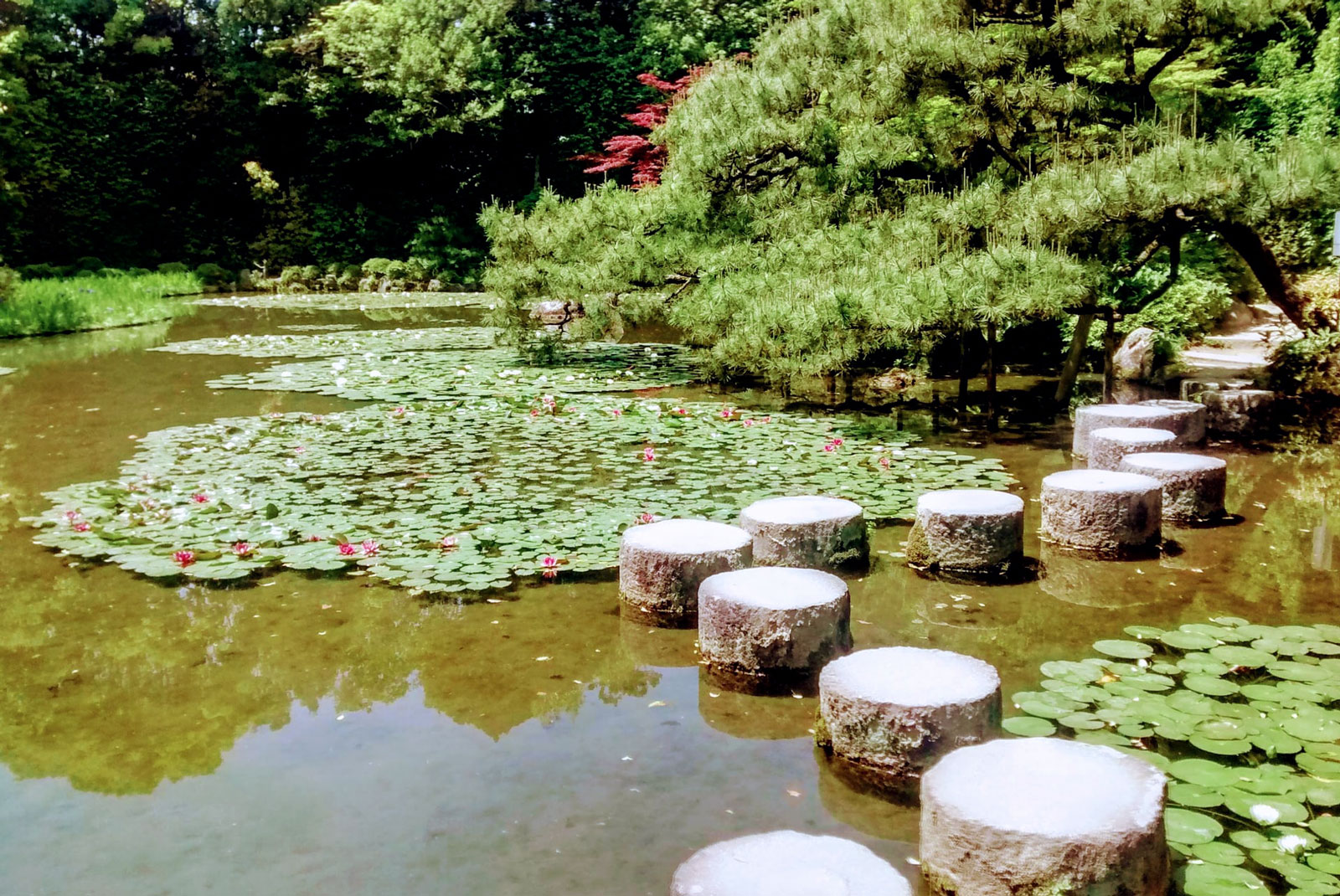More Poetry for Now and Zen
A series of poems responds to the works of past masters The post More Poetry for Now and Zen appeared first on Tricycle: The Buddhist Review.

Trike Daily PoetryArts & Culture
A series of poems responds to the works of past masters
By Leath ToninoApr 30, 2022 Photo by Marco Montero Pisani
Photo by Marco Montero PisaniIn 2015, I sat down with a library copy of The Roaring Stream, an anthology of Chan/Zen writings from China and Japan, and began scribbling short poems in response to the ancient Buddhist masters. Key word, response. As in call-and-response, as in singing. The idea wasn’t to explicate texts that for centuries have challenged readers around the globe, or even to clearly understand the meaning of my own lines. Really, there was just this sudden urge, this spontaneous desire to put my language into dialogue with the timeless language of the old ones, zero strings attached.
The philosopher Martin Heidegger, riffing on the poet Friedrich Holderlin, once summed the situation up like this: “We are a conversation.” All these years later, I’m still scribbling back-of-the-bookmark poems, off-the-cuff poems, call-and-response poems. Everything has changed and yet, somehow, nothing whatsoever has changed. The library’s cluttered shelves continue to keep me busy. The wise voices from long ago and far away continue to excite and inspire my humble little voice. Something durable — something fundamental — is at work here. And at play, too!
Tricycle—online and in the magazine—has run batches of my poems in the past, and now, in honor of National Poetry Month, you can find a new collection below. (The title of each poem is the name of the Buddhist sage to whom I’m responding.) Of course, for some of us, every month deserves the title, not merely April. Ask Hui-neng, Basho, and hundreds of others from the Chan/Zen literary tradition—I suspect they’ll tell you the same.
Hui-neng (638-713)
Separate yourself from views.
Meaning stand apart from your own thoughts.
Meaning stand up as a part of some older thought.
Granite ridges,
twisty little pines.
The earth is thinking.
Meaning stand at the edge
of this cliff and take in,
become,
the big view.
Lin-chi (d. 867?)
Become the host
you already are
on the spot
where you stand.
Become the house,
the hearth,
the chair,
the cup of tea.
Welcome the stranger
with the mean face
who looks like nothing
so much as flames.
You know this guest.
Where have we met before?
Never mind.
Please come in.
Rest your weary legs.
Basho (1644-1694)
Dying, he writes no deathbed poem.
Every poem since age forty, he says,
was that hello-goodbye.
The woodpecker,
the muddy road,
the pissing horse,
the pine.
Rice-planting songs,
imperial dreams,
prostitute and priest.
Perfect inutility, he says,
utterly useless.
An old pond jumps
into an old pond.
Sound
of rattling breath.
Takuan (1573-1645)
The lake frozen,
bathing becomes difficult.
One might otter about,
sliding on belly and back,
but the hard surface
hardly cleans hair, hands,
buttocks, toes.
With rock or knife
one might chip ice
from the shoreline,
melt clear shards
over fireplace or in mouth,
but this is laborious and slow.
Best way to go, perhaps,
is wait for spring,
the inevitable melting,
the sure thing
we call bottom falling out
and fish call return of sky.
♦
Read more poems in this series:
• What’s There to Do?
• Ten Minutes Alone in Thickets
• Waking from a Crazy Dream
• Sleeping in an Old Friend’s Room

Get Daily Dharma in your email
Start your day with a fresh perspective

Explore timeless teachings through modern methods.
With Stephen Batchelor, Sharon Salzberg, Andrew Olendzki, and more
![]()
Thank you for subscribing to Tricycle! As a nonprofit, we depend on readers like you to keep Buddhist teachings and practices widely available.
This article is only for Subscribers!
Subscribe now to read this article and get immediate access to everything else.
Already a subscriber? Log in.

 ValVades
ValVades 































